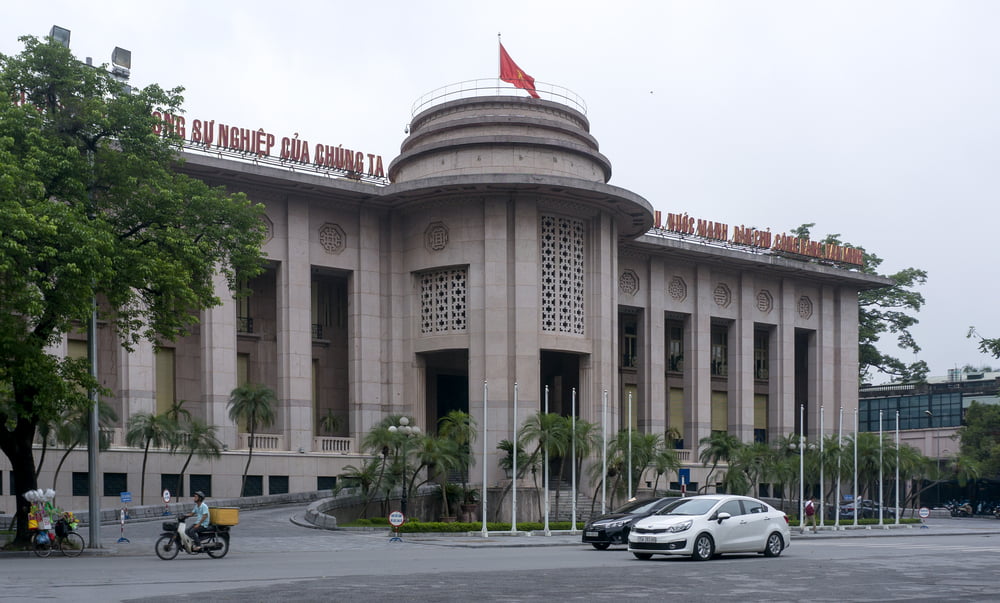Without any prior warning, it appears the State Bank of Vietnam has recently submitted a legislative proposal to the country’s government meant to ban a wide range of digital currency-related activities.
Expensive Fines to be given
Recent reports indicate that starting January 1, the supply, issuance, and use of Bitcoin and other digital currencies as a method of payment will be subject to fines ranging from 150 million to 200 million dong, which is approximately equivalent to US$6,600-$8,800. Additionally, it seems the bank is advocating for legislative amendments to the penal code which would make certain activities relating to digital currency a crime.
It is important to point out the fact that holding digital currencies within the country will not be punishable under the new law. However, the legislative framework meant to amend decrees 80/2016 and 96/2014 will likely lead to a decrease in digital currency use in Vietnam.
According to Vietnam’s central bank, Bitcoin is difficult to control and can lead to illegal financing, money laundering, tax evasion and more. If bitcoin were to be accepted as a currency within the country, it is believed Vietnam’s monetary policy would be impacted by the difficulty of controlling the world’s leading cryptocurrency.
While there were other factors behind this decision, many believe that the bank’s decision came as a result of FPT University’s decision to accept bitcoin as a means of payment for tuition.
This can be considered a departure from the prevailing trend in Asia, where a few countries have begun adopting permissive regulations for digital currency use, thus turning certain parts of the region into hubs for bitcoin use and fintech projects.
Based on everything outlined here, what are your thoughts on the State Bank’s decision to ban the use of cryptocurrencies in Vietnam? Do let us know in the comments.

